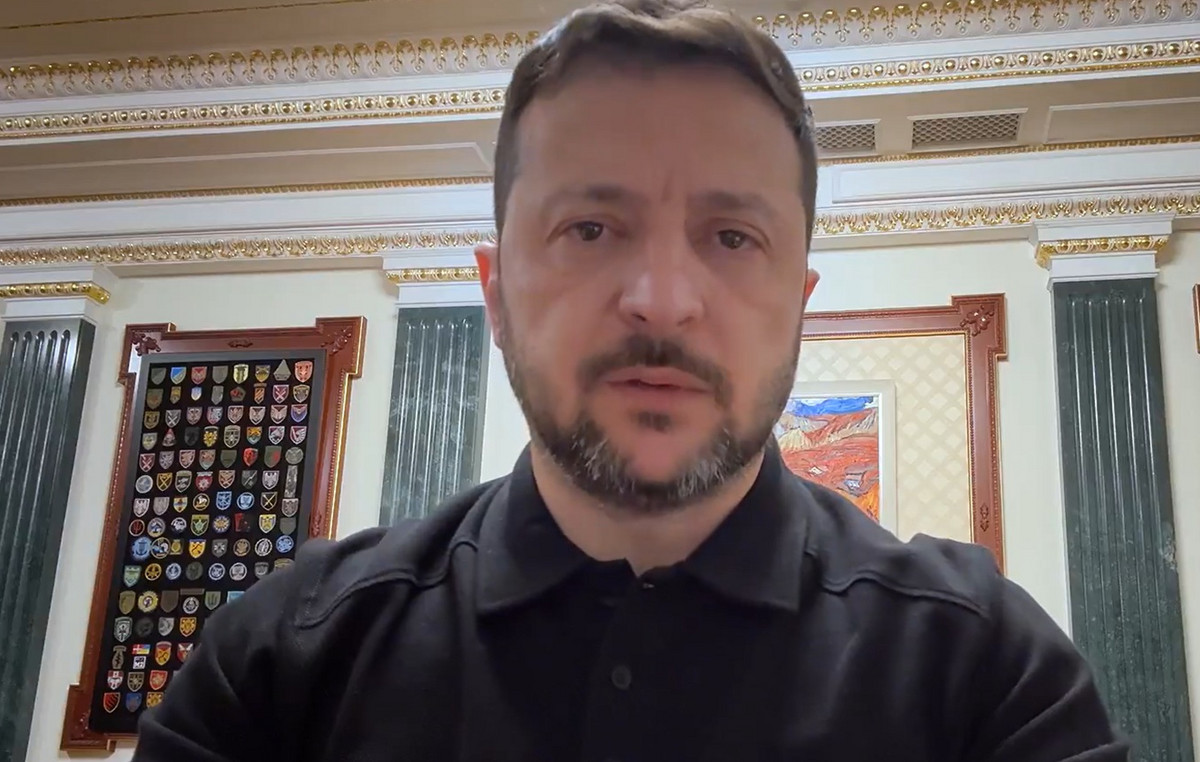COP28 approved its final text supporting the energy transition from fossil fuels to cleaner energy sources.
The decision was endorsed this Wednesday (13) by representatives of all 198 countries present at the climate conference, marking a historic advance in the fight against climate change.
The global stocktake text calls on countries to adopt “the transition away from fossil fuels in energy systems, in a fair, orderly and equitable manner, accelerating action in this critical decade, in order to achieve net zero emissions by 2050 according to science.”
The document “further recognizes the need for deep, rapid and sustained reductions in greenhouse gas emissions in line with 1.5°C trajectories”.
This reference is important because it reaffirms the commitment that countries must work to maintain the maximum level of global warming at 1.5°C, on average, in relation to pre-industrial levels.
See also: Lack of consensus at COP28 could extend summit in Dubai
In addition to mentions of fossil fuels, the text urges countries to “triple renewable energy capacity worldwide and double the global average annual rate of improvements in energy efficiency by 2030”.
The document does not talk about completely eliminating, or even gradually, the use of fossil fuels (oil, coal and gas), as some countries and a large part of civil society present at the COP wanted.
However, it is necessary to remember that until this conference, held in Dubai, in the United Arab Emirates (one of the largest oil producers in the world), the expression “fossil fuels” had never appeared in the official texts of the COP – held more than 30 years ago. .
Fossil fuels are largely responsible for greenhouse gases, which cause climate change. Despite this, formal proposals at COPs for the energy transition to cleaner fuels have always been opposed by large oil-producing countries.
Before COP28, the Organization of Petroleum Exporting Countries (OPEC), the cartel that tries to control prices and production of the product, asked its members to veto any mention of fossil fuels in the final summit agreement.
COP28 President Sultan al-Jaber hailed the climate agreement approved by almost 200 countries on Wednesday as a “historic package” of measures that offers a “robust plan” to keep the 1.5ºC target within reach.
Reactions
Scientists and representatives from different countries took a position in relation to the approved text.
Norwegian Minister for Climate and Environment, Espen Barth Eide, said that “it is the first time that the world has come together around such a clear text on the need to abandon fossil fuels. It was the elephant in the room, we finally addressed it head on. This is the result of many conversations and intense diplomacy.”
Norway is a major oil and gas producer.
WWF’s deputy global climate and energy leader, Stephen Cornelius, considered that the version is better than the initial one, but has not yet reached the desired point. “This project is a much-needed improvement over the last version, which rightfully caused outrage. The language around fossil fuels has improved a lot, but it still stops short of calling for the complete elimination of coal, oil and gas,” he said.
Andrew Deutz, director of Global Policy and Conservation Finance at the NGO The Nature Conservancy, said it is “a step in the right direction, but not the leap the world needs to take to reach a net-zero emissions future by 2050. Make no mistake: including all fossil fuels in the final text signals that governments are more open to dealing with the elephant in the room.”
“Two years ago in Glasgow, negotiators struggled to reach agreement on the ongoing phase-out of coal power. Three years ago, they didn’t say anything about fossil fuels. Our expectations are much higher this year – but the current climate change scenario shows that they really need to be high. We need to end our addiction to fossil fuels,” said the director.
Natalie Unterstell, president of the Talanoa Institute said that “the language of ‘transition away’ by 2050 in line with science will force a review of plans to expand oil exploration that exist in numerous countries, including Brazil. And this is very good”.
Source: CNN Brasil
Bruce Belcher is a seasoned author with over 5 years of experience in world news. He writes for online news websites and provides in-depth analysis on the world stock market. Bruce is known for his insightful perspectives and commitment to keeping the public informed.







